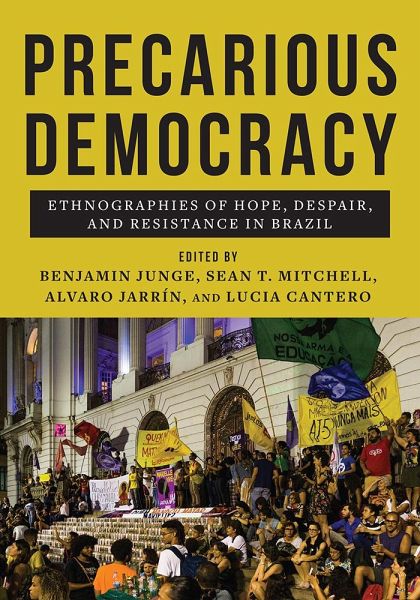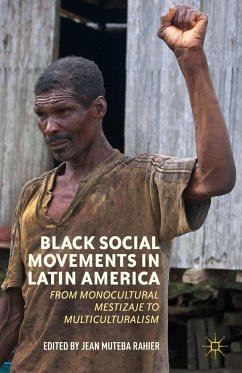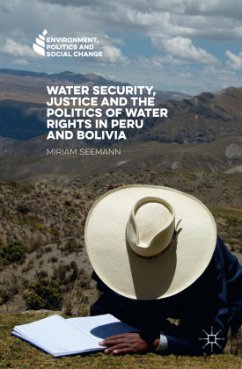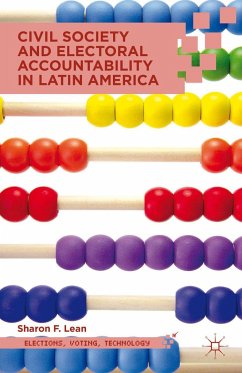
Precarious Democracy
Ethnographies of Hope, Despair, and Resistance in Brazil
Herausgeber: Junge, Benjamin; Cantero, Lucia; Jarrin, Alvaro; Mitchell, Sean T
Versandkostenfrei!
Versandfertig in über 4 Wochen
145,99 €
inkl. MwSt.
Weitere Ausgaben:

PAYBACK Punkte
73 °P sammeln!
Precarious Democracy collects powerful and intimate political ethnographic writing on Brazil’s pivotal years, 2013-19, from the nation’s megacities to rural Amazonia. The volume demonstrates the necessity of ethnography for understanding social and political change, and provides crucial insights on one of the most epochal periods of change in Brazilian history.













